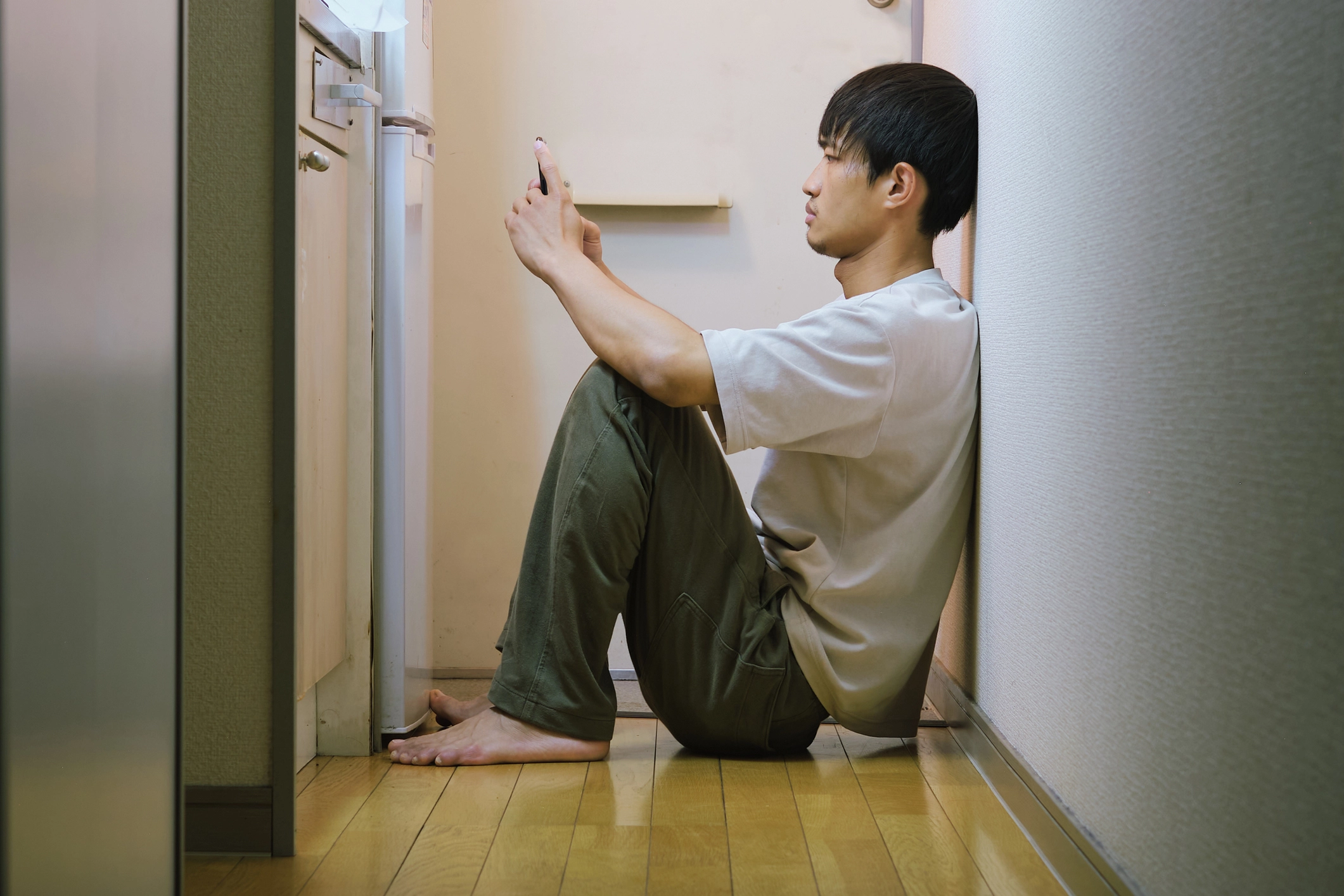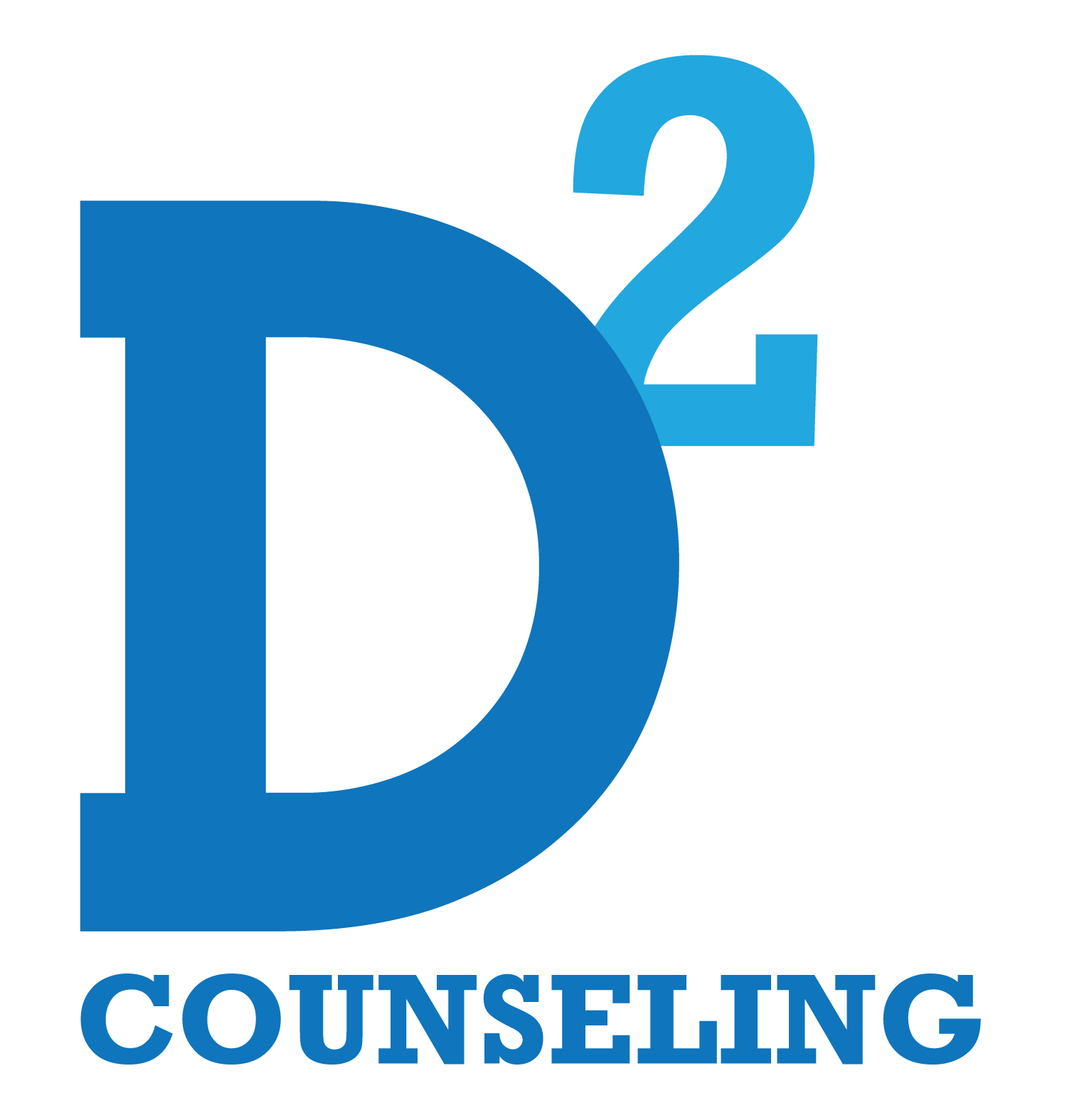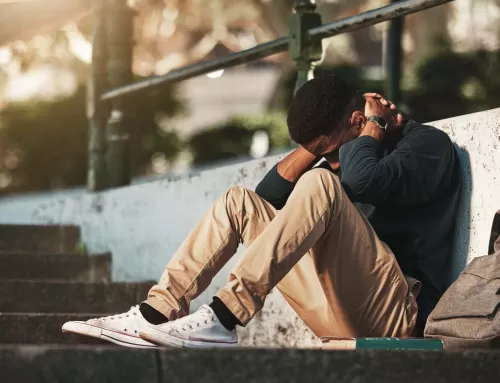Many of us know what it’s like to be in a room full of people yet feel a heavy cloud of loneliness hanging over us. From losing a job or a loved one to chronic illness, there is an endless list of reasons why someone may feel lonely. Loneliness is subjective to each person, and it is not the same as simply being alone. The number of friends someone has on paper doesn’t guarantee they aren’t lonely if their need for emotional intimacy isn’t being met. While many people prefer to be alone at times to relax or tap into their creativity, extended and unwanted loneliness can have detrimental effects on mental health.
In fact, earlier this year, the US Surgeon General, Dr. Vivek Murthy, declared an “epidemic of loneliness and isolation.” Even before the pandemic began, more than half of adults reported experiencing loneliness. The pandemic only exacerbated those numbers, especially in younger adults.
The Surgeon General believes loneliness to be the root cause of many other epidemics worldwide today, such as addiction and obesity. There are severe negative consequences associated with loneliness, including insomnia, depression, and anxiety. Isolation can also lead to an increased risk of heart disease, stroke, diabetes, self-harm, and dementia.
These issues are interconnected with our physical well-being because socializing is one of our basic needs. Throughout history, humans have made it through both trying times and prosperous times together. Humans have always had to rely on one another, and we remain wired to do so to this day. Our bodies alert us when we need more and deeper connections, just as they warn us when we need water and food with thirst and hunger. When the need continues to go unmet, it can become a serious problem.
The Surgeon General outlined a “National Strategy to Advance Social Connection” with six pillars. These pillars focus on community care as opposed to self-care, which is a difficult mindset change for many Americans who have spent their lives being told to focus on things at an individual level.
The first pillar involves increasing the amount of social infrastructure in communities, such as libraries, volunteer groups, green spaces, and public transit. The second pillar addresses the need for public policies that support increased human connection, and the third pillar requests healthcare systems to assess and support patients’ social needs while tracking where loneliness is most prevalent.
The fourth pillar tackles a significant catalyst of loneliness: the digital world. As the internet distracts many people from in-person connections, leads to unhealthy comparisons with others, and creates a space for bullying and discrimination, transparency with technology companies is more important than ever.
The fifth and sixth pillars seek to spread awareness. First, leaders in all sectors involved must collaborate on research to form a bigger picture of the causes and impacts of loneliness. Then, a countrywide culture of kindness, respect, service, and commitment to one another should begin to be celebrated.

These steps laid the framework for how the US can fight an epidemic of loneliness, but smaller steps can happen in all of our everyday lives. Individuals can begin taking time to reconnect with family and friends without the distractions of social media. Parents can ask more questions about their child’s friendships and digital footprint. Patients can be encouraged to speak honestly with their healthcare providers about life changes and subsequent effects on their mental health. All affected by loneliness should feel safe to reach out to a loved one or crisis hotline in times of struggle. (In crisis? Call or text 988.)
Professionally trained therapists can also help get to the root cause of your loneliness, such as negative thinking patterns or specific anxieties that may be hindering your social connections. Therapists can also provide you with resources to help cope, improve communication skills, and become more confident. Joining group sessions with others struggling with similar issues can be an effective way to be empowered to make changes in your life. Individual and group sessions with trained professionals, such as those at D2 Counseling, can be a safe space to address complicated emotions and overcome social anxiety. If you’re ready to walk away from your cloud of loneliness and plant roots in a community, D2 is ready to walk with you today.




